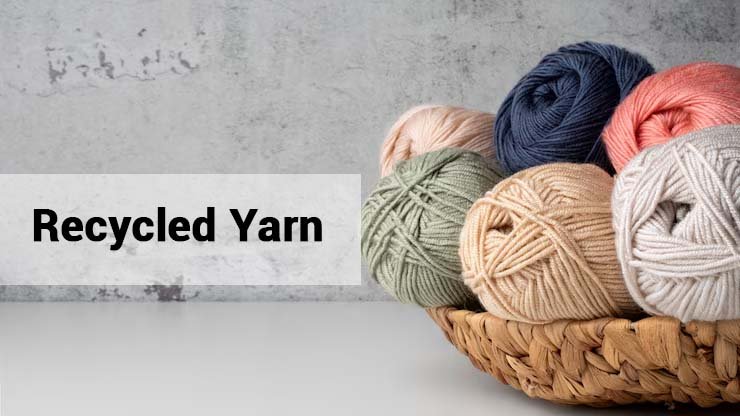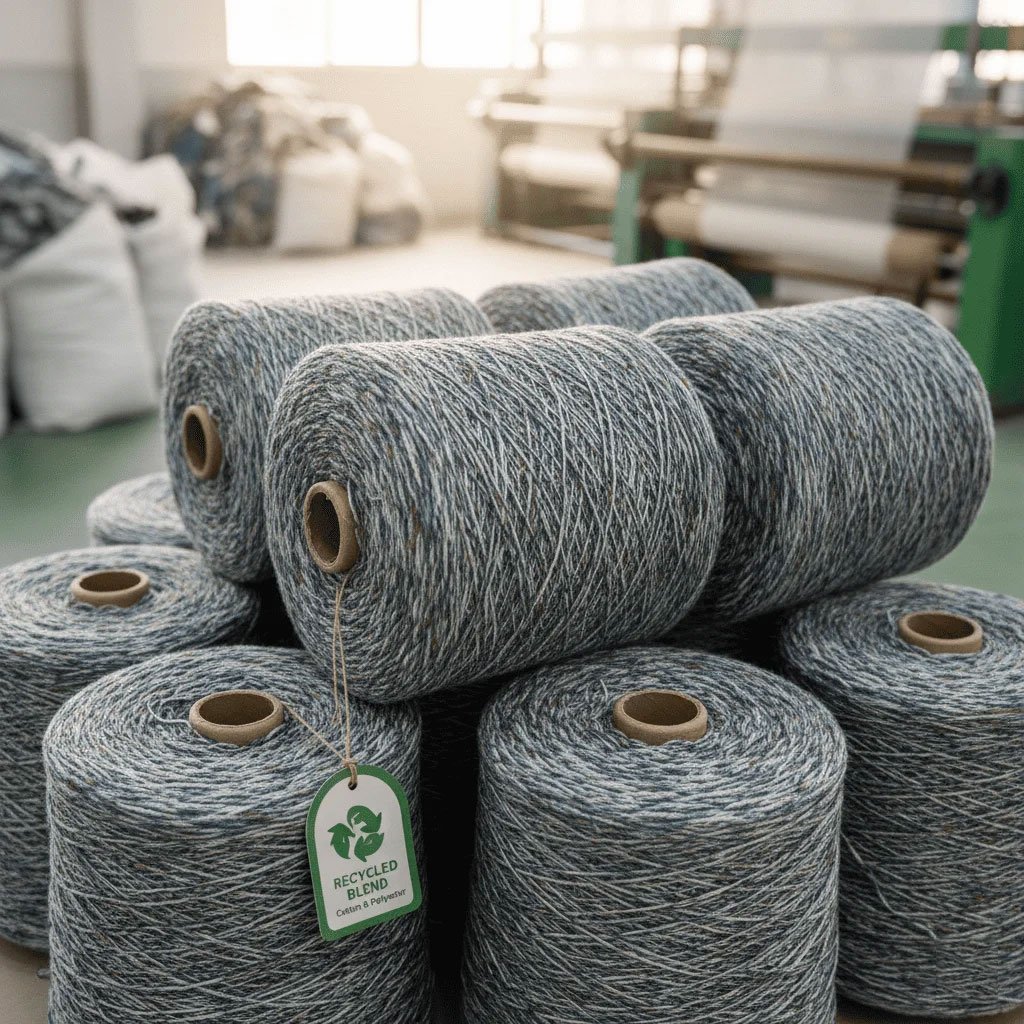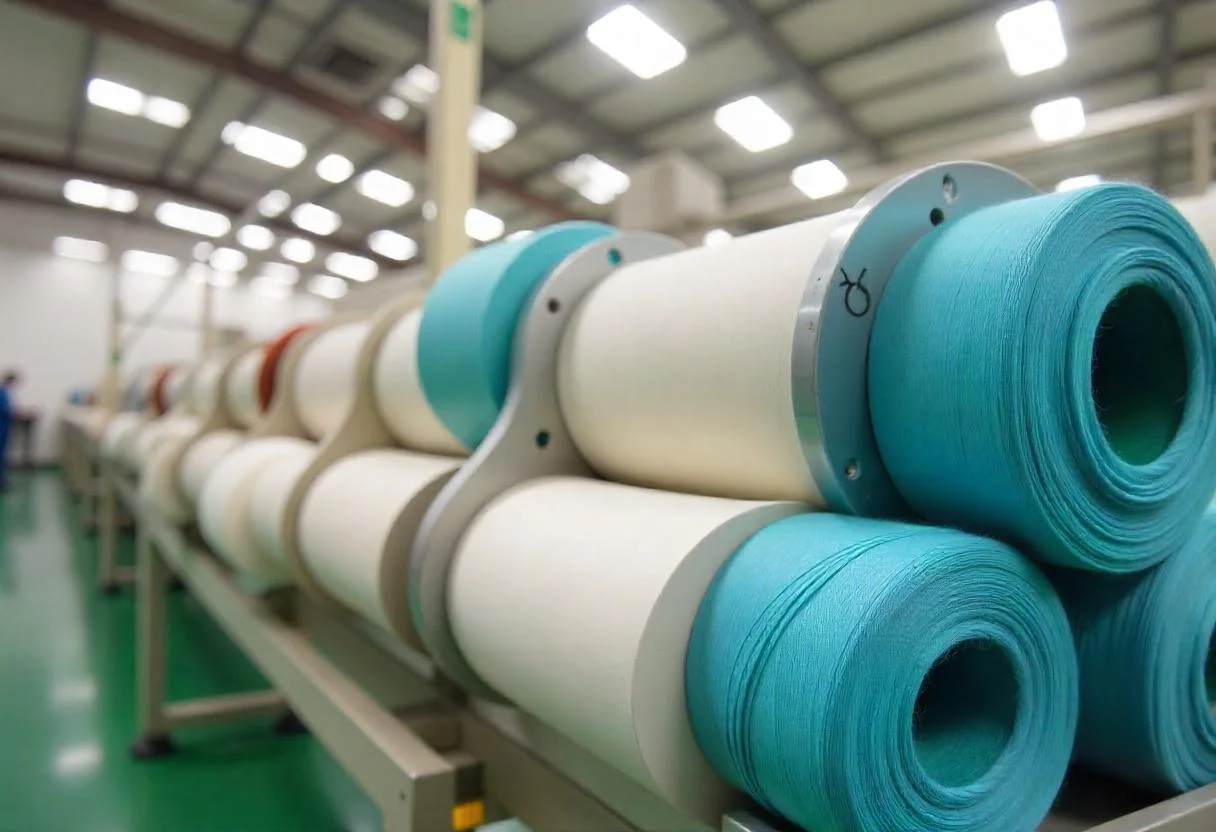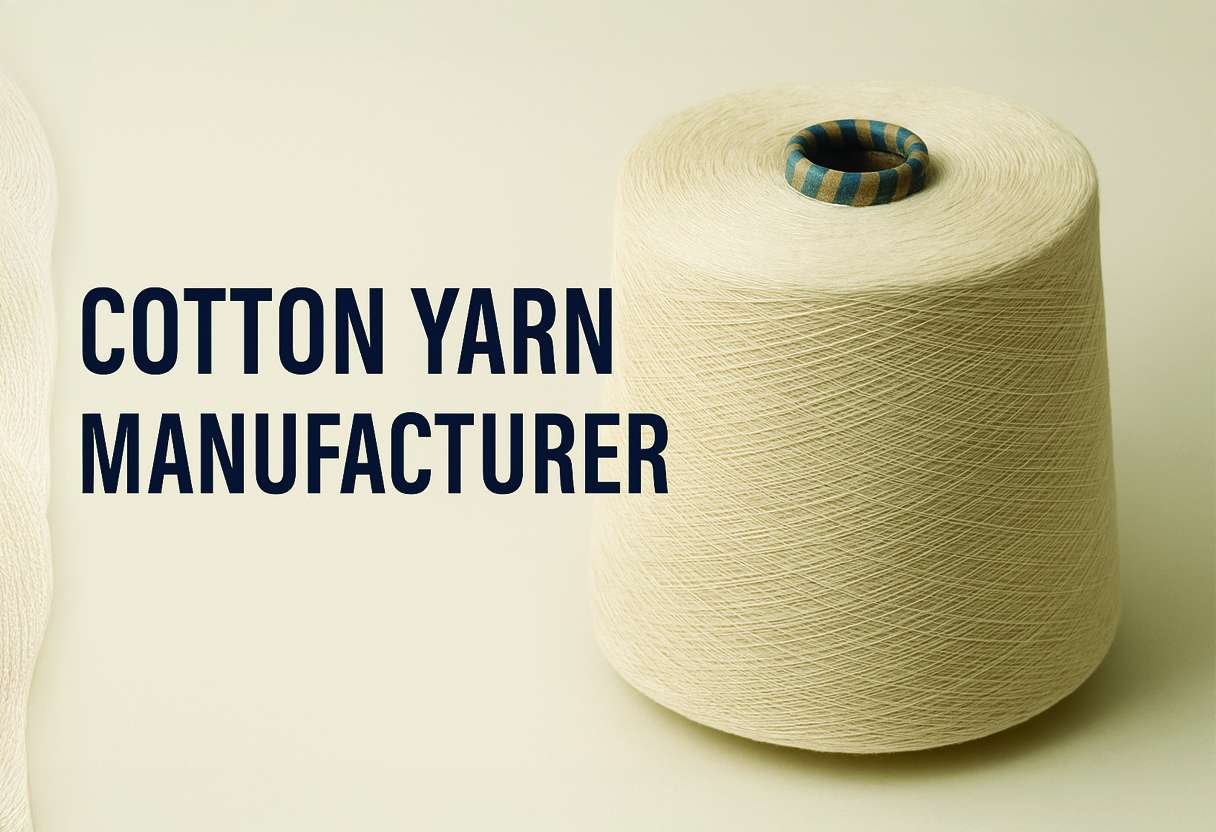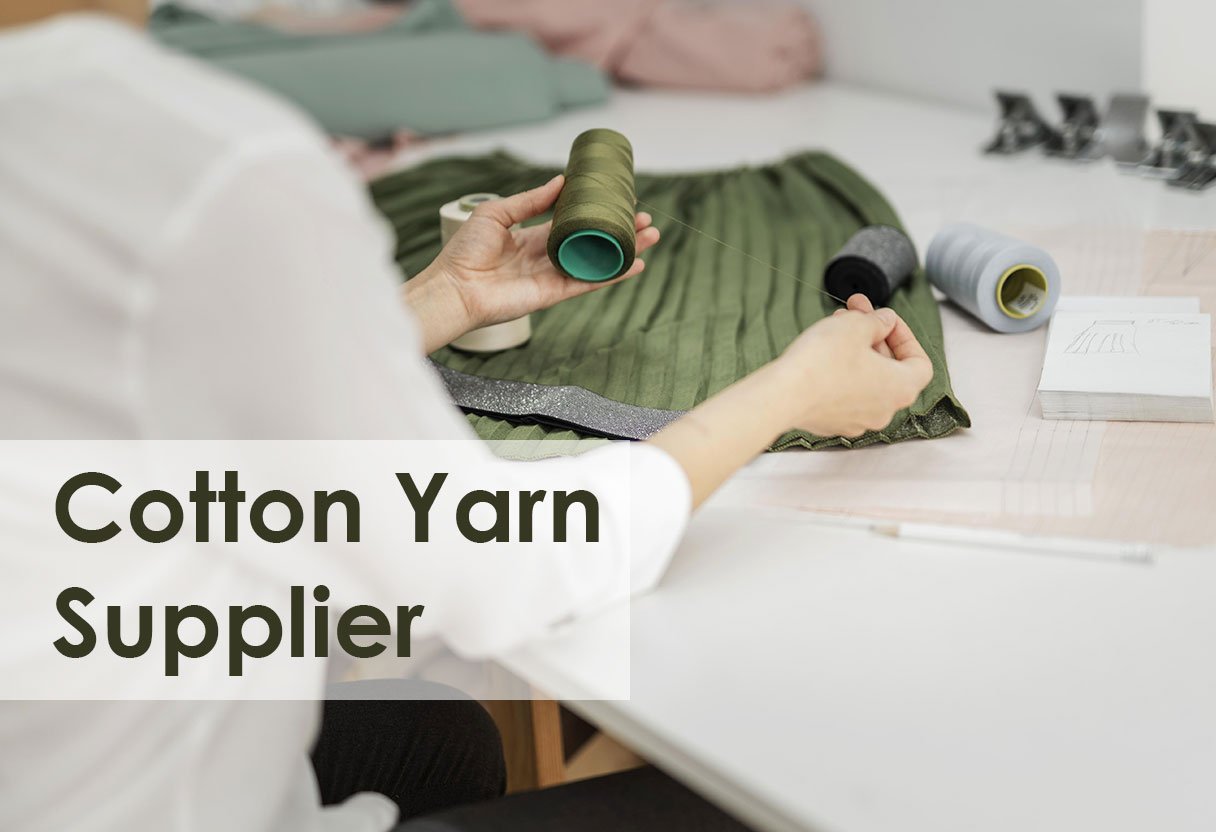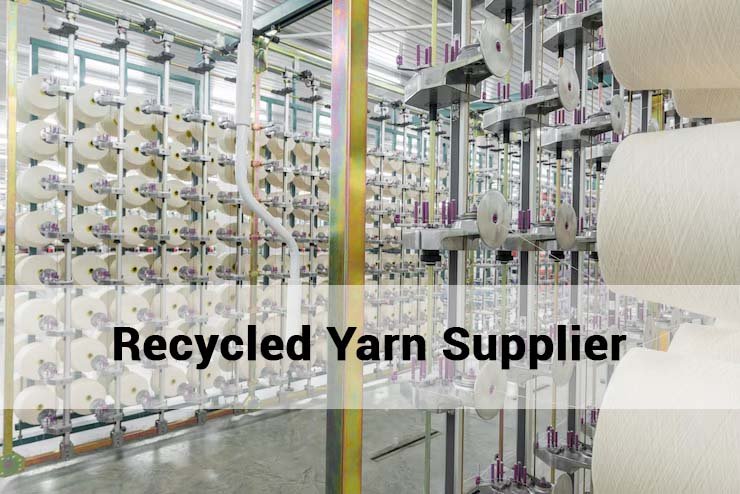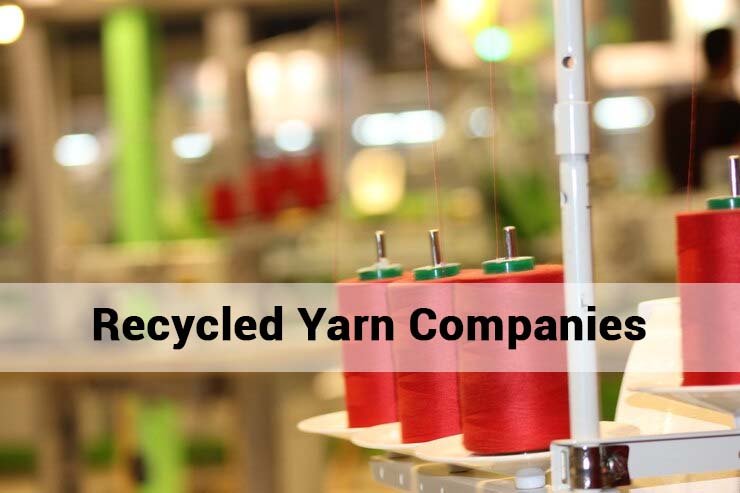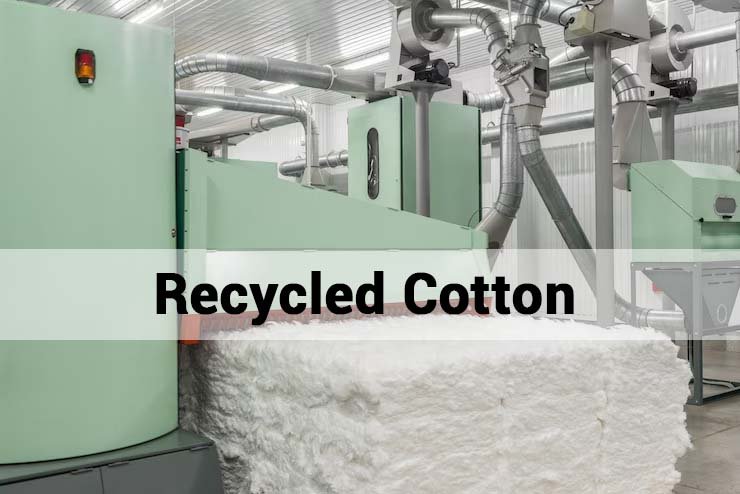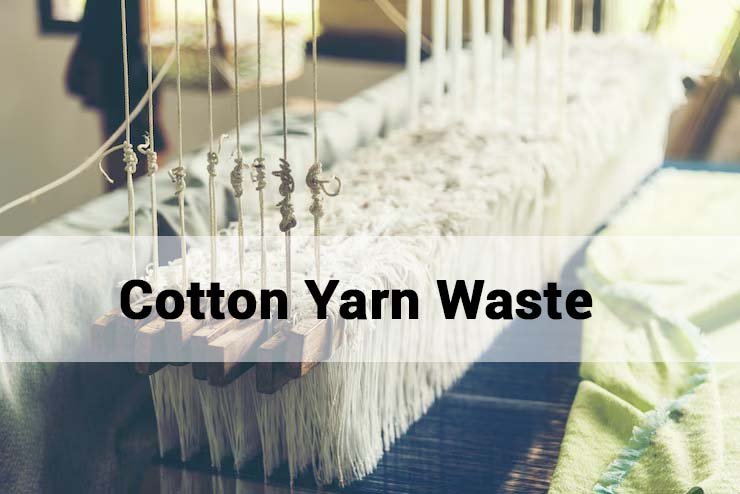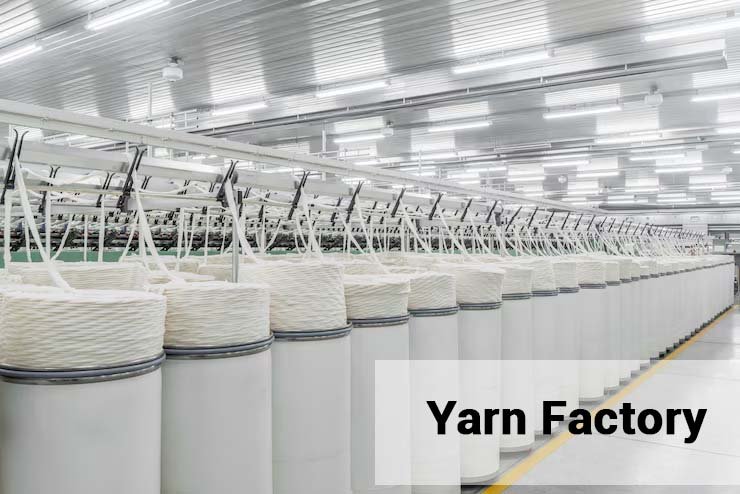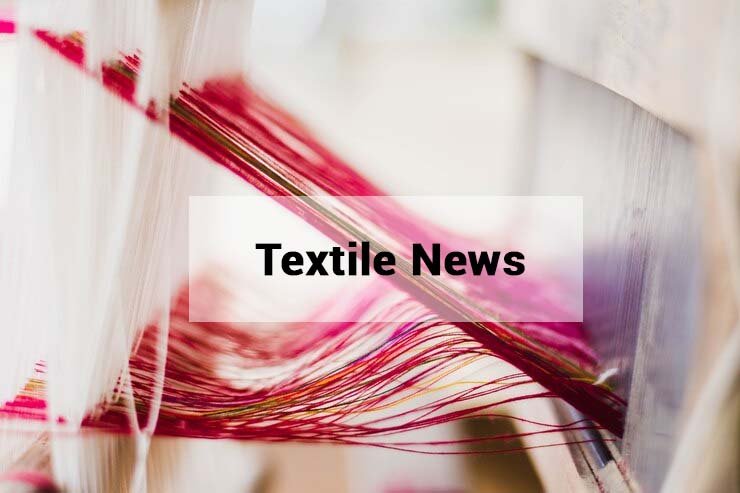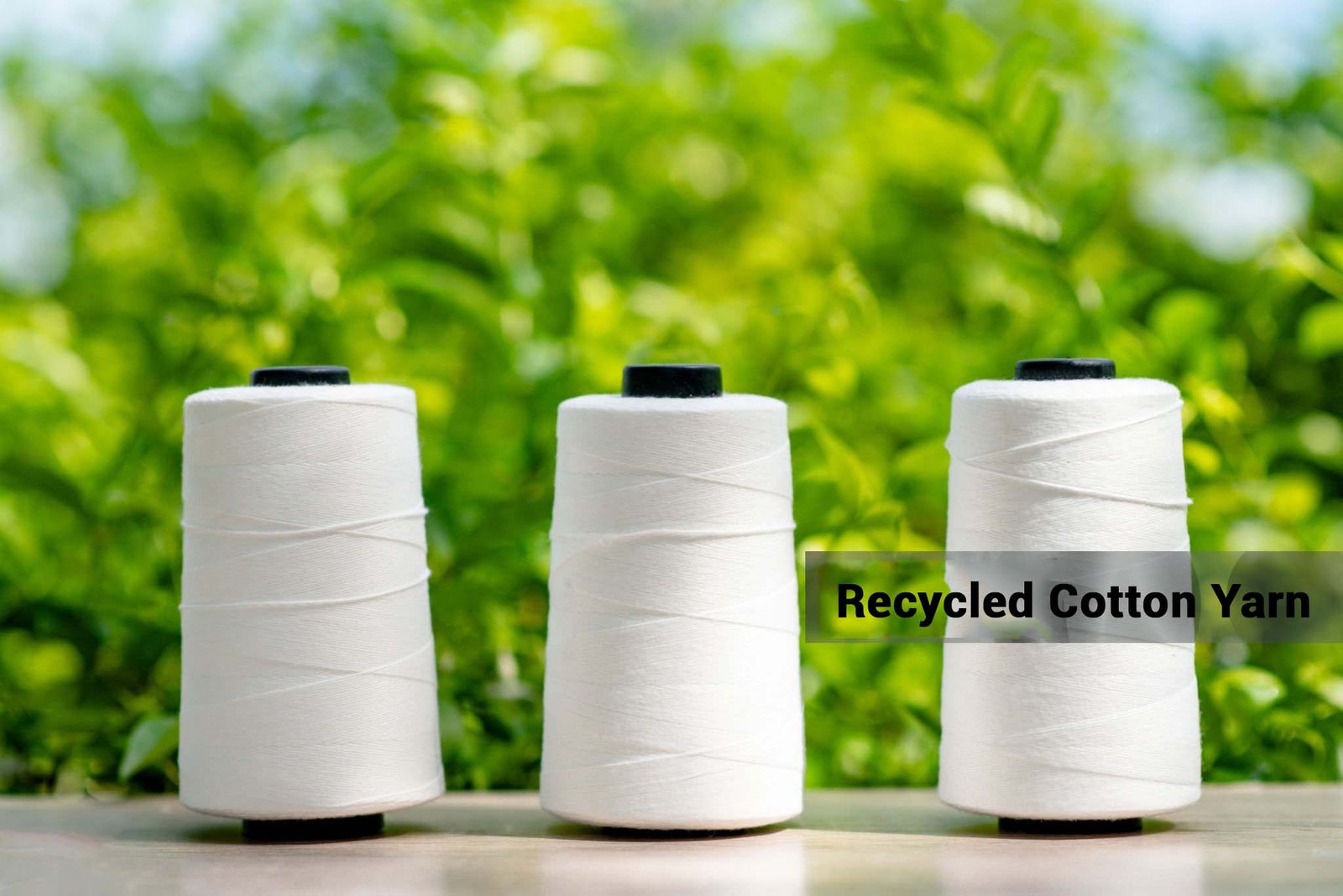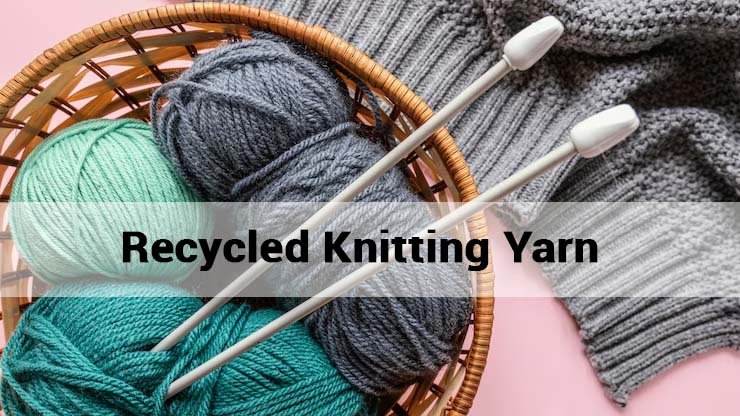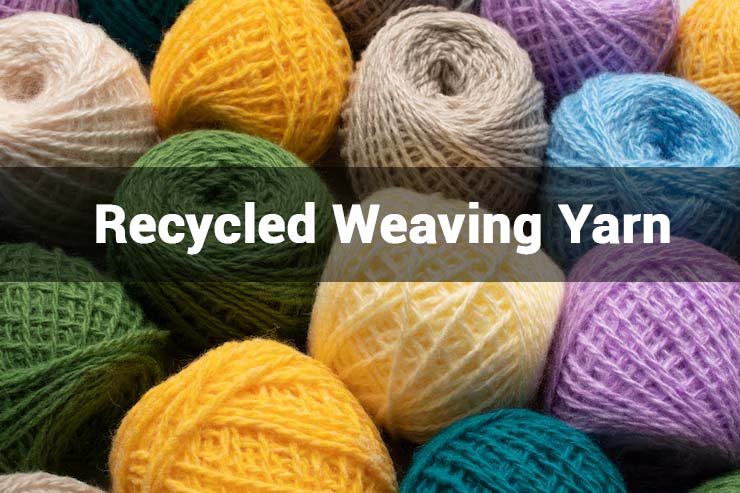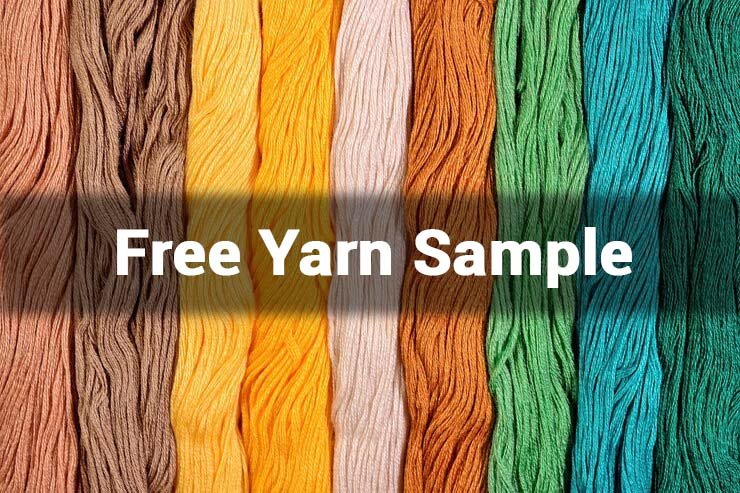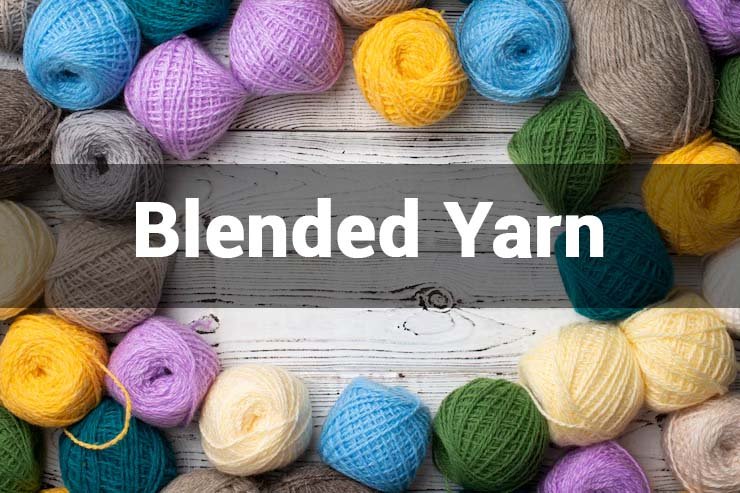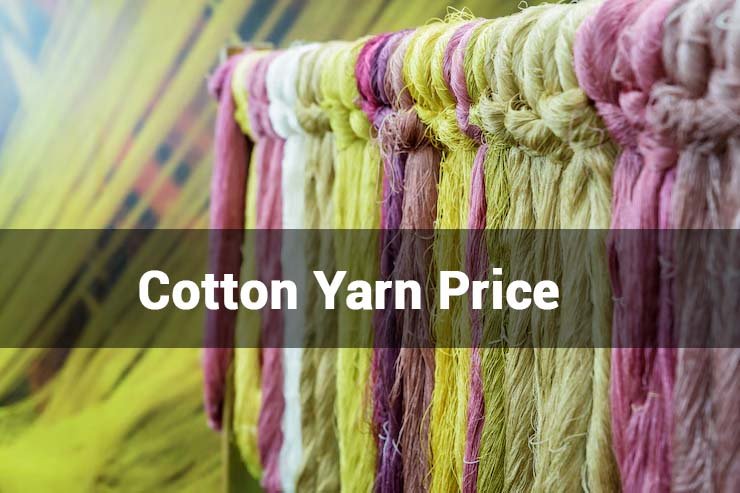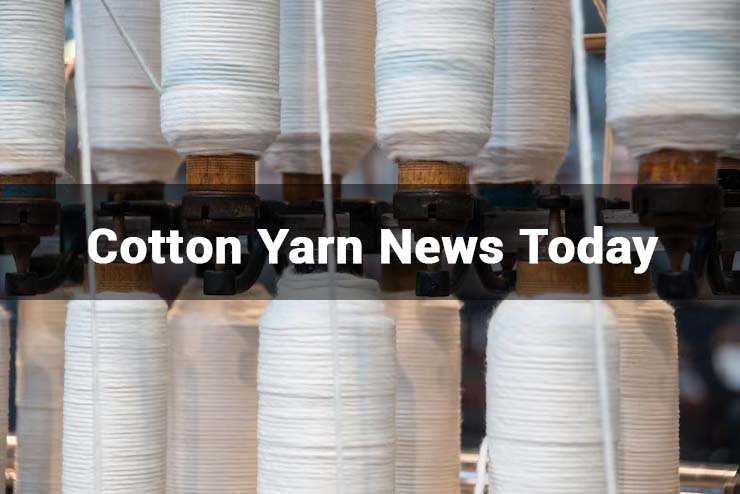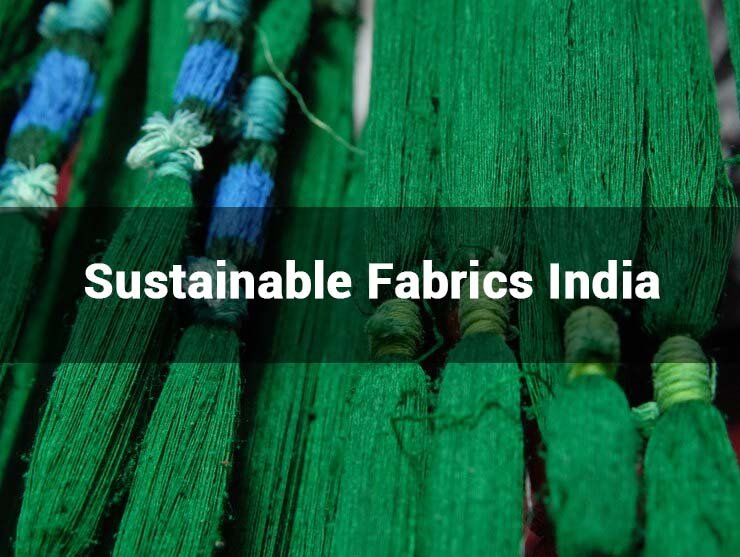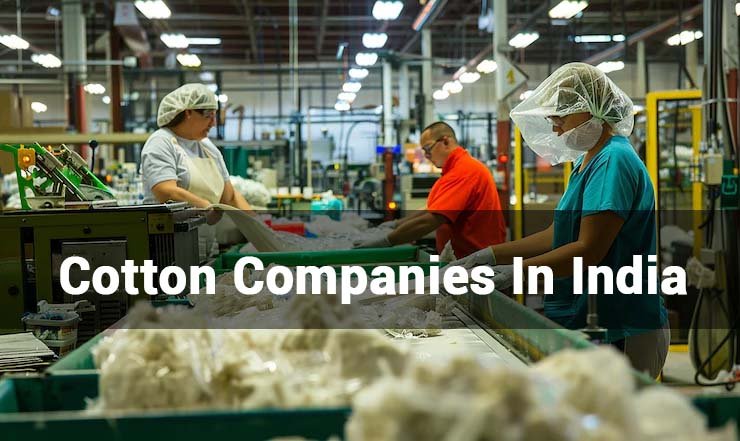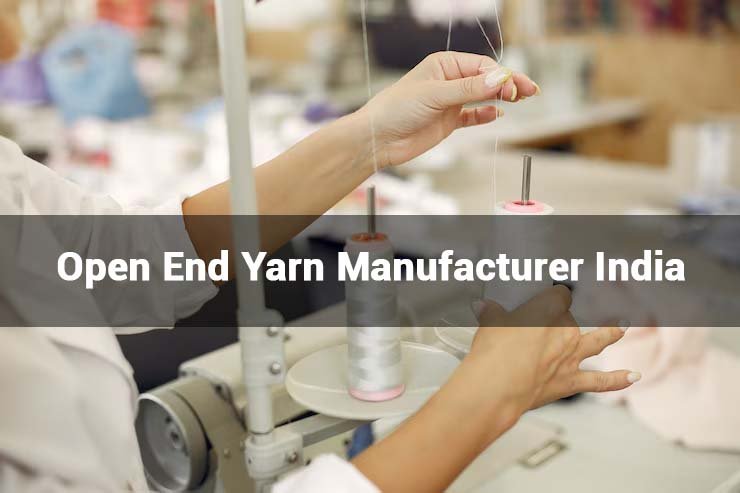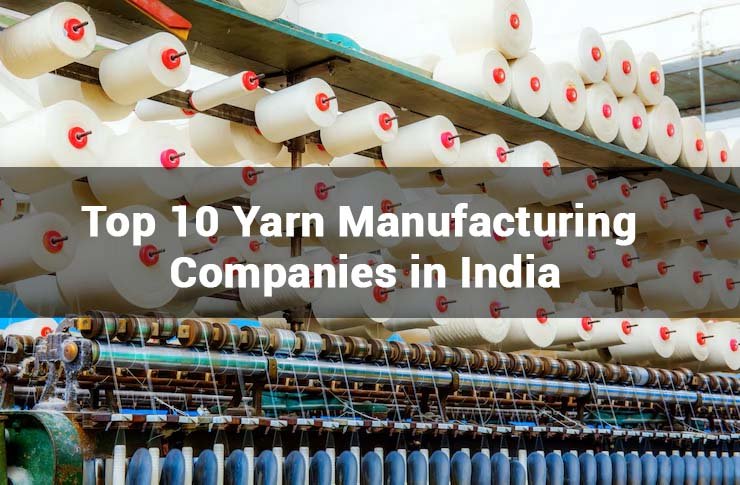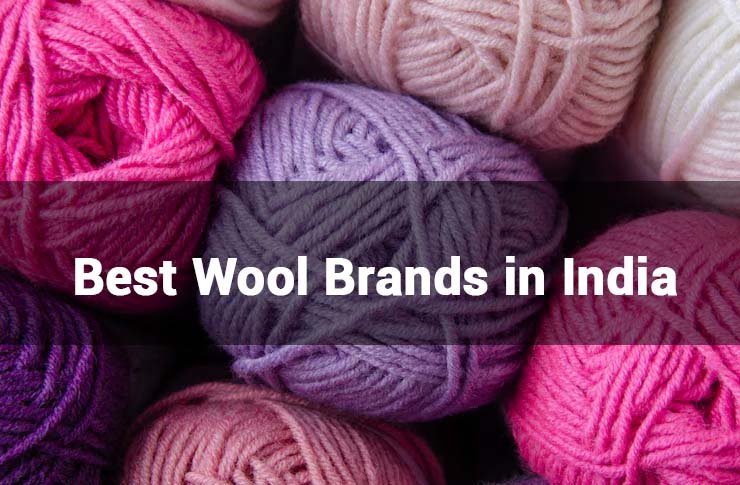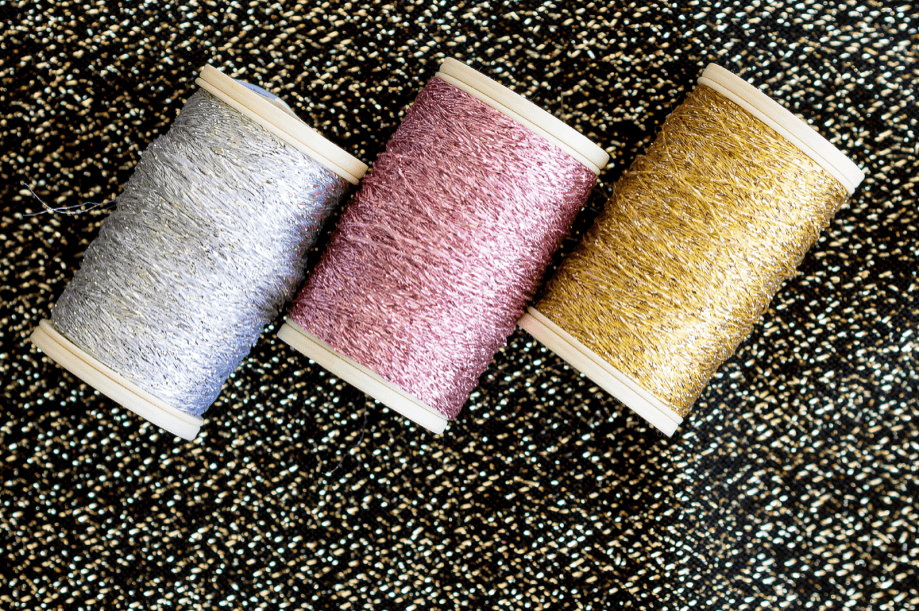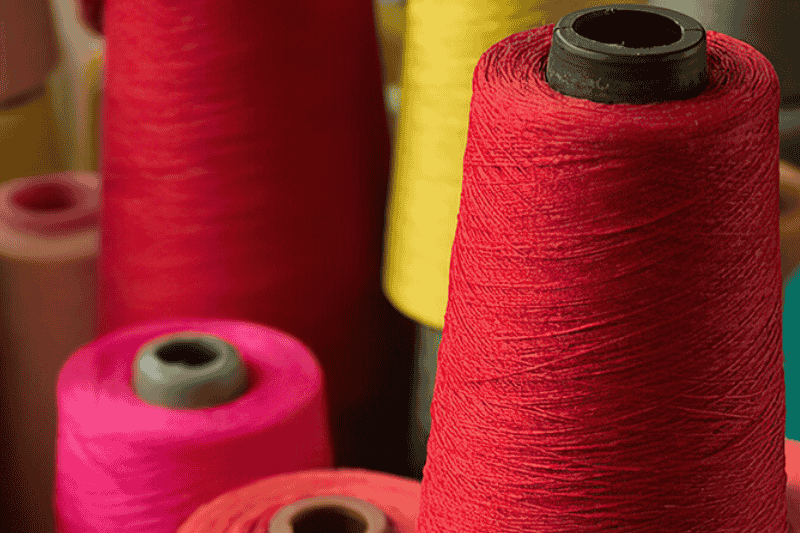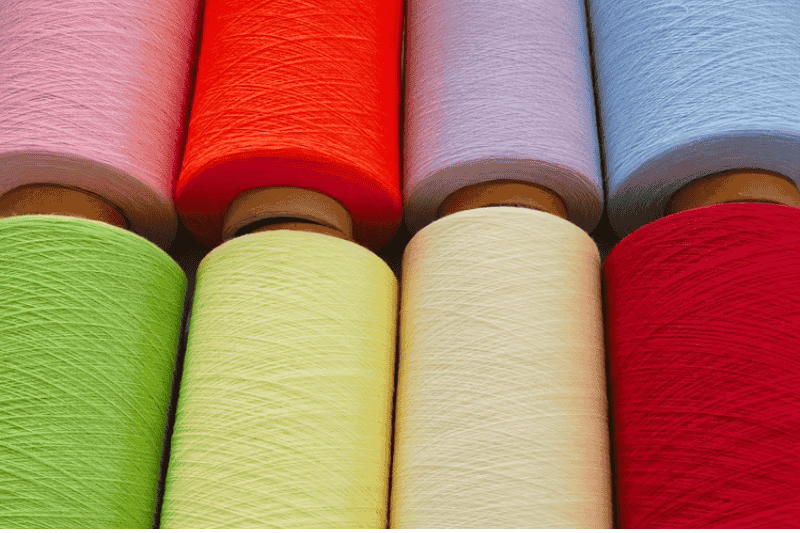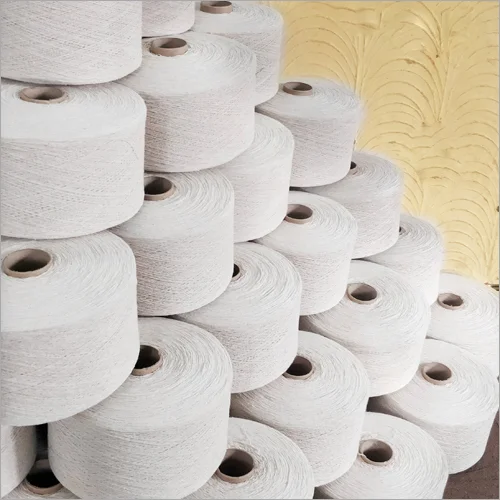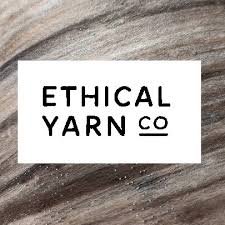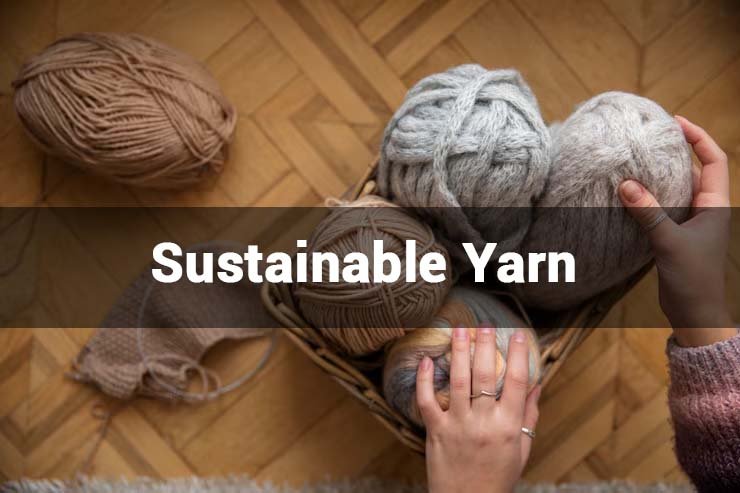
Author Rajveer Singh / Date: 22 Sep, 2025
Sustainable Yarn
In today’s world, where climate change, pollution, and waste are major challenges, people are making smarter choices—especially in fashion and home textiles. One of the most impactful choices is sustainable yarn. But what exactly is it, and why should it matter to you? Let’s dive in.
What Is Sustainable Yarn? A Complete Guide
Sustainable yarn is yarn produced with care for both people and the planet. Unlike conventional yarn, it avoids harmful chemicals, reduces water and energy use, and often comes from recycled or renewable sources. Sustainable yarn is not just about materials—it’s about ethical production, eco-friendly practices, and creating textiles that leave a smaller footprint on the environment.
Key Features of Sustainable Yarn:
-
Eco-Friendly Materials: Made from recycled fabrics, organic cotton, bamboo, hemp, or other natural fibers.
-
Low Water Use: Uses minimal water during production, conserving this precious resource.
-
Fewer Chemicals: Free from toxic dyes and harmful treatments.
-
Recyclable or Biodegradable: Can be reused or naturally decomposes without polluting the environment.
-
Fair Production: Made under safe conditions with fair wages and no child labor.
-
Low Energy Consumption: Requires less fuel or electricity, reducing carbon emissions.
-
Less Waste: Utilizes leftover textiles and reduces landfill contributions.
In short, sustainable yarn is about “how it’s made” as much as “what it’s made of.”
Different Types of Sustainable Yarns and Their Benefits
Here are some popular sustainable stitching yarns and why they’re good for your projects:
-
Recycled Cotton: From old clothes or textile waste.
🟢 Benefits: Conserves water and reduces landfill waste. -
Organic Cotton: Grown without pesticides or synthetic fertilizers.
🟢 Benefits: Renewable, biodegradable, and gentle on the skin. -
Bamboo Yarn: Soft yarn made from fast-growing bamboo plants.
🟢 Benefits: Minimal water and chemical use; naturally antibacterial. -
Recycled Polyester: Made from melted plastic bottles.
🟢 Benefits: Reduces plastic pollution while creating durable yarn. -
Hemp Yarn: Derived from the resilient hemp plant.
🟢 Benefits: Durable, grows quickly, requires no pesticides. -
Tencel (Lyocell): Produced from eucalyptus or other wood pulp using eco-friendly methods.
🟢 Benefits: Soft, biodegradable, and sustainable.
These eco-friendly yarns are ideal for knitting, crochet, home textiles, and fashion applications.
Benefits of Using Sustainable Yarns
Sustainable yarn is more than a trend—it’s a conscious choice with multiple benefits:
-
Protects the Environment
-
Saves water and energy
-
Reduces pollution and greenhouse gas emissions
-
-
Reduces Waste
-
Reuses materials
-
Keeps plastics and textiles out of landfills and oceans
-
-
Supports Ethical Practices
-
Ensures safe working conditions
-
Guarantees fair wages for workers
-
-
Safe for Your Skin
-
Free from harmful chemicals
-
Ideal for babies and sensitive skin
-
-
Long-Lasting Quality
-
Strong, durable yarn
-
Creates garments and textiles that last longer
-
-
Boosts Your Brand Image
-
Shows commitment to sustainability
-
Attracts eco-conscious customers
-
In short, sustainable yarn benefits nature, people, and businesses alike.
The Impact of Yarn Choice on Fabric Sustainability
The yarn you choose directly affects the overall sustainability of the fabric. Choosing recycled, organic, or low-impact yarn reduces energy use, water consumption, and chemical pollution. Whether for clothing, home textiles, or accessories, sustainable yarn ensures the product lifecycle is greener from start to finish.
Industries That Prefer Sustainable Yarn
Many industries now prefer sustainable yarn suppliers for ethical and environmental reasons:
-
Fashion brands aiming for eco-friendly collections
-
Home textile manufacturers producing curtains, towels, or bedding
-
Knitting and crochet communities seeking safe and natural materials
-
Corporate gifting companies creating ethical, reusable textile products
Choosing a Sustainable Yarn Manufacturer
Picking the right sustainable yarn manufacturer is as important as choosing the yarn itself. A good manufacturer ensures:
-
Consistent Quality: Soft, durable, and reliable yarn for every batch
-
Verified Sustainability: Certifications like GOTS, GRS, or OEKO-TEX® validate eco-friendly claims
-
Ethical Practices: Fair labor policies and safe working conditions
-
Reliable Delivery: Timely supply for bulk orders
-
Expert Support: Guidance from selection to after-sales service
Working with reputable manufacturers guarantees real sustainability—not just marketing buzz.
What Certificates to Look Out For and What They Mean
When selecting sustainable yarn, look for recognized certifications:
-
GOTS (Global Organic Textile Standard): Confirms organic content and sustainable production
-
GRS (Global Recycled Standard): Verifies recycled materials and responsible processing
-
OEKO-TEX® Standard 100: Ensures yarn is free from harmful chemicals
These labels give confidence that the yarn is genuinely eco-friendly and safe.
Sustainable Yarns: Ethically Made and Eco-Friendly
Choosing sustainable yarn for knitting, crochet, or home textiles supports ethical sourcing, reduces environmental impact, and promotes circular fashion. Every small decision—from yarn selection to fabric production—creates a positive ripple effect for the planet and people.
Sustainable Yarn: Everything You Need to Know About in Short
Sustainable yarn is more than just a textile choice—it’s a commitment to the planet, ethical production, and long-lasting quality. Made from eco-friendly materials like organic cotton, hemp, bamboo, and recycled fibers, it reduces water usage, chemical pollution, and textile waste. Whether for knitting, crochet, or home textiles, sustainable yarn is safe for the skin, gentle on the environment, and supports fair labor practices.
Switching to sustainable yarn is a simple change with a big impact. It:
-
Protects the environment
-
Supports workers’ rights
-
Produces safer, longer-lasting products
-
Strengthens your brand’s ethical image
In short, sustainable yarn is good for nature, people, and your creations—making it the smart choice for anyone looking to craft responsibly. Whether you are a fashion designer, home textile brand, or eco-conscious consumer, sustainable yarn is a choice that matters for the future.
